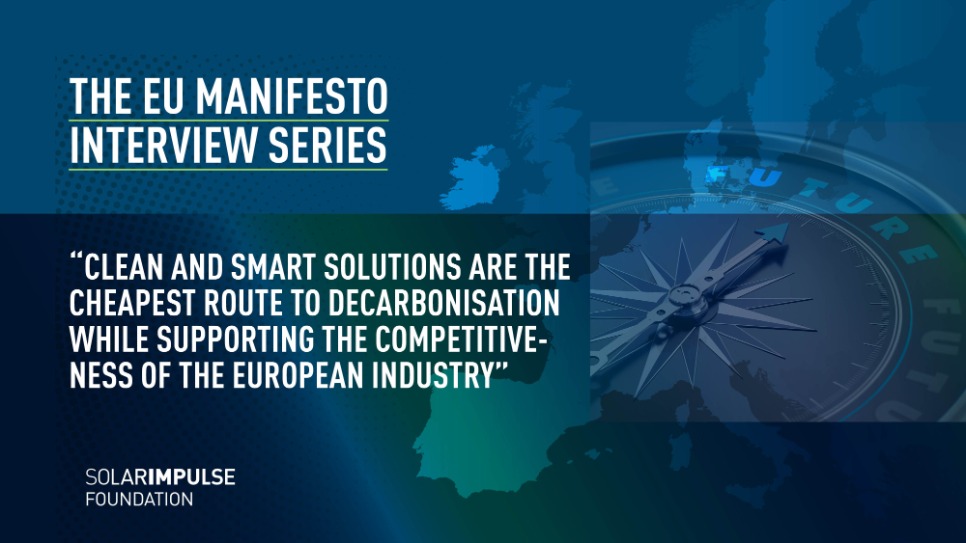Choose Wisely EU

Debunking the myths of the ecological transition
As the European Parliament elections approach from June 6th to June 9th 2024, the importance of informed voting cannot be overstated.
That's why we've launched the ChooseWiselyEU campaign—to debunk common myths about the ecological transition and provide voters with the facts they need to navigate climate issues.
This campaign is dedicated to presenting climate action and ecological transition information in a politically neutral and factual manner. Our goal is not to influence your vote towards any candidate but to ensure you are well-equipped to distinguish fact from fiction. You'll gain access to reliable information, credible sources, and clear explanations to help you make informed choices in the upcoming elections.
Through our research, we have identified five prevalent myths that deter voters from supporting candidates with ambitious climate policies. Below, each myth is meticulously deconstructed to reveal the truth and provide clarity.
Whether you're looking for a quick overview or an in-depth analysis, ChooseWiselyEU is here to help you discern the truth and make informed choices for a sustainable future.
We must reframe and redefine climate action from something sacrificial to something beneficial.
Bertrand Piccard

“The ecological transition will harm the economy”
Myth 1
Debunking a favorite myth among skeptics and deniers, the belief that shifting to a green economy harms economic competitiveness is baseless.

“Renewable energy is unreliable and expensive”
Myth 2
In an era marked by rapid technological advances and growing environmental consciousness, a persistent myth casts a shadow over the progress of sustainable energy: the notion that renewable energy solutions are unreliable, costly, and not ready for widespread use.

“The ecological transition will require drastic lifestyle changes and sacrifices”
Myth 3
The myth that ecological transition means sacrificing modern comfort is simply not true.

“The ecological transition will result in lost jobs”
Myth 4
There's a common concern that transitioning to a greener economy could cost jobs in traditional sectors that have long supported Europe’s workforce.

“The ecological transition will lead to a global food and agricultural crisis”
Myth 5
Let us now dispel a common myth: Europe's shift to sustainable agriculture will boost long-term food security and farmer incomes, not spark a crisis. By promoting better local produce and productivity gains, this transition promises a prosperous future.



